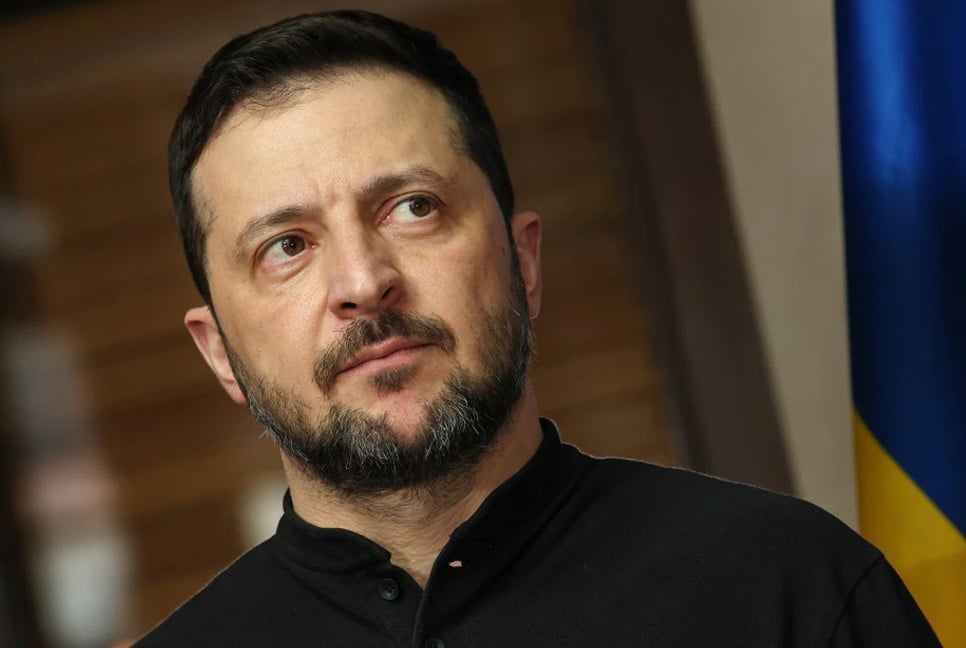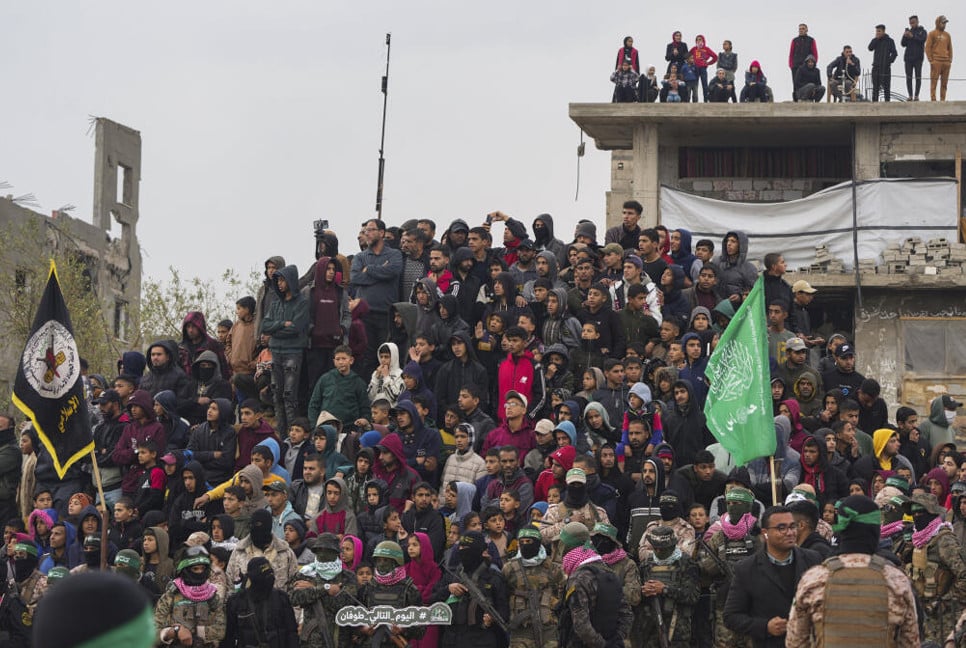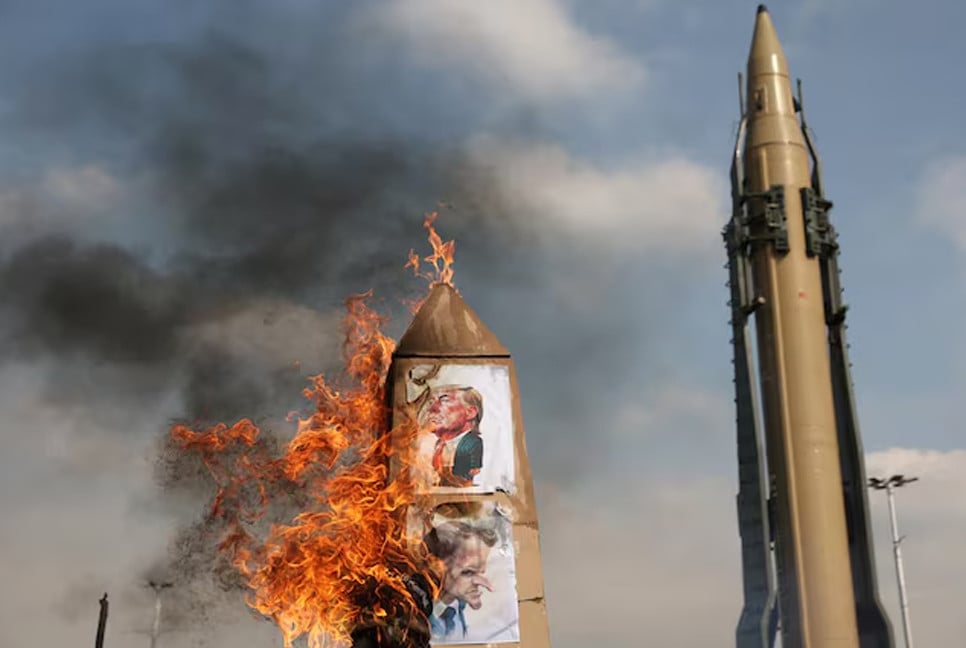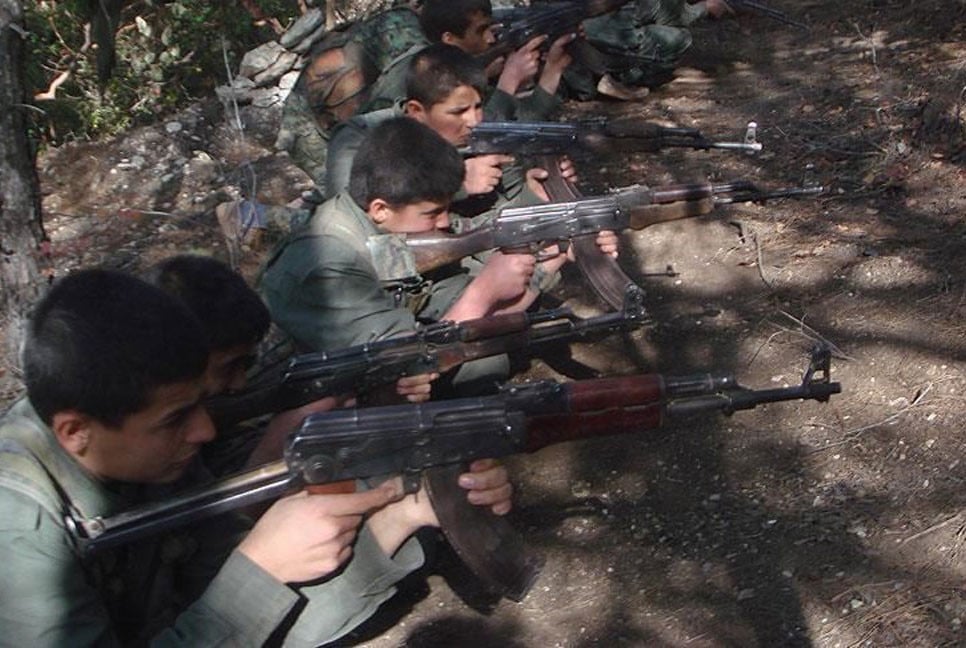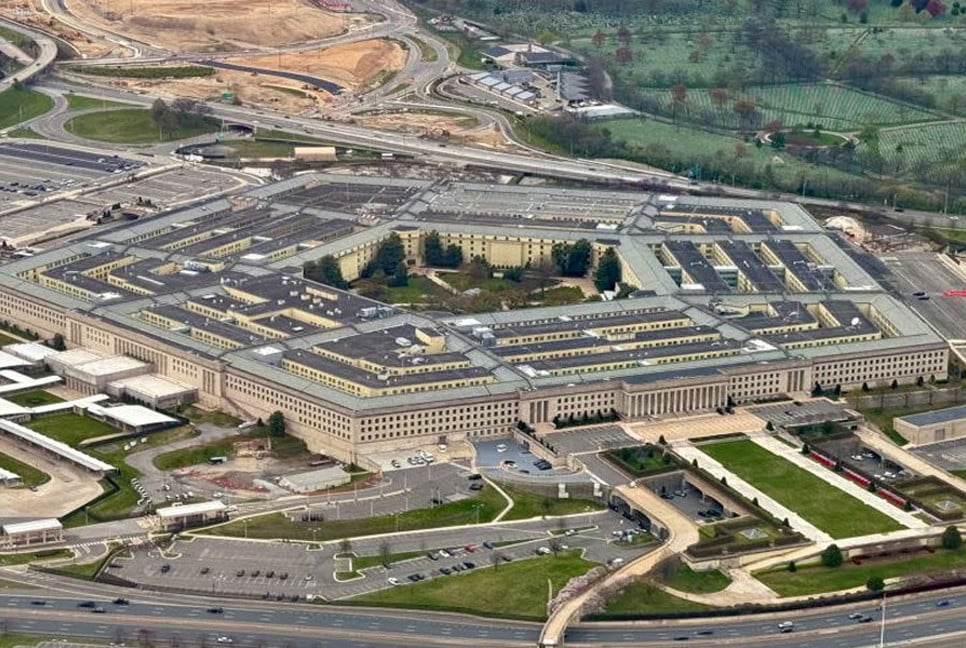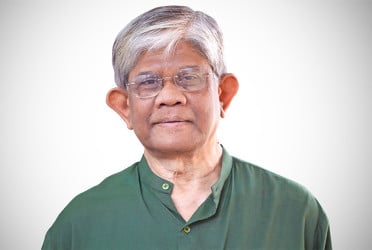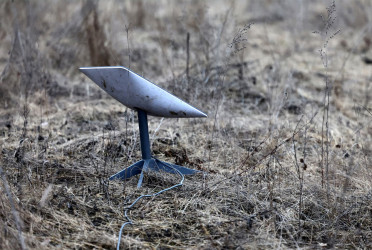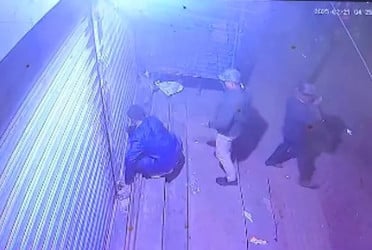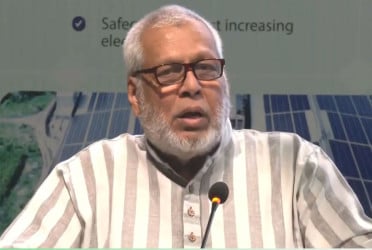Since former Syrian President Bashar al-Assad’s dramatic flight to Moscow on Sunday, Israel has launched hundreds of attacks on its neighbor, reports Al Jazeera.
Israel claims this is necessary for its defence.
But it has been attacking Syria with impunity since at least January 2013, when it bombed a Syrian weapons convoy, killing two.
Since then, Israel has attacked Syria continuously, typically claiming it was targeting positions belonging to its nemeses – Hezbollah and Iran.
In the process, according to observers, it has normalised for itself the idea of attacking a neighbouring state.
At the same time, it has moved its ground forces into a demilitarised zone located within Syrian territory along the border with Israel in the Golan Heights, which Israel already illegally partially occupies. Israel says it wants to create a “sterile defence zone” and declared the 1974 agreement that had established the buffer zone “collapsed”.
It also struck 15 ships at anchor in the Mediterranean ports of Bayda and Latakia on Monday, about 600km (373 miles) north of the Golan Heights.
Claiming much of the credit for the lightning advance of the Syrian group, Hayat Tahir al-Sham (HTS), Israeli Prime Minister Benjamin Netanyahu said to journalists on Monday: “The collapse of the Syrian regime is a direct result of the severe blows with which we have struck Hamas, Hezbollah and Iran.”
The attacks on Syria, Mairav Zonszein, a senior analyst with the Crisis Group said, were “a mixture of both opportunism and strategy”.
That Israel should seek to neutralise a potential threat upon its border while it was, for all practical purposes, defenceless, was a “no-brainer”, but what the long-term plan might be is less certain.
“I think what we’re seeing in reality is the strategy that Israel’s been developing since October 7th: identify a threat or opportunity, deploy troops and then figure it out.”
But political scientist Ori Goldberg was not convinced any strategy was at play.
Instead, he said: “This is our new security doctrine. We do whatever we want, whenever we want, and we don’t commit,” he said from Tel Aviv.
“People are talking about Greater Israel and about how Israel is sending its tendrils into neighbouring countries. I don’t see it,” he said.
“I think this is mostly the result of chaos, and a newly – or not so newly – found [Israeli] penchant for destruction.”
It has been striking Iran, its ally Hezbollah in Lebanon, then invading Lebanon, and now it is attacking Syria.
All the while assaulting the besieged enclave of Gaza, an assault found to be genocidal by several nations and international organisations and bodies.
Unconcerned with casualties, Netanyahu’s talk of “changing the face of the Middle East” has found ready echoes across much of the Israeli media.
Bd-pratidin English/Tanvir Raihan




